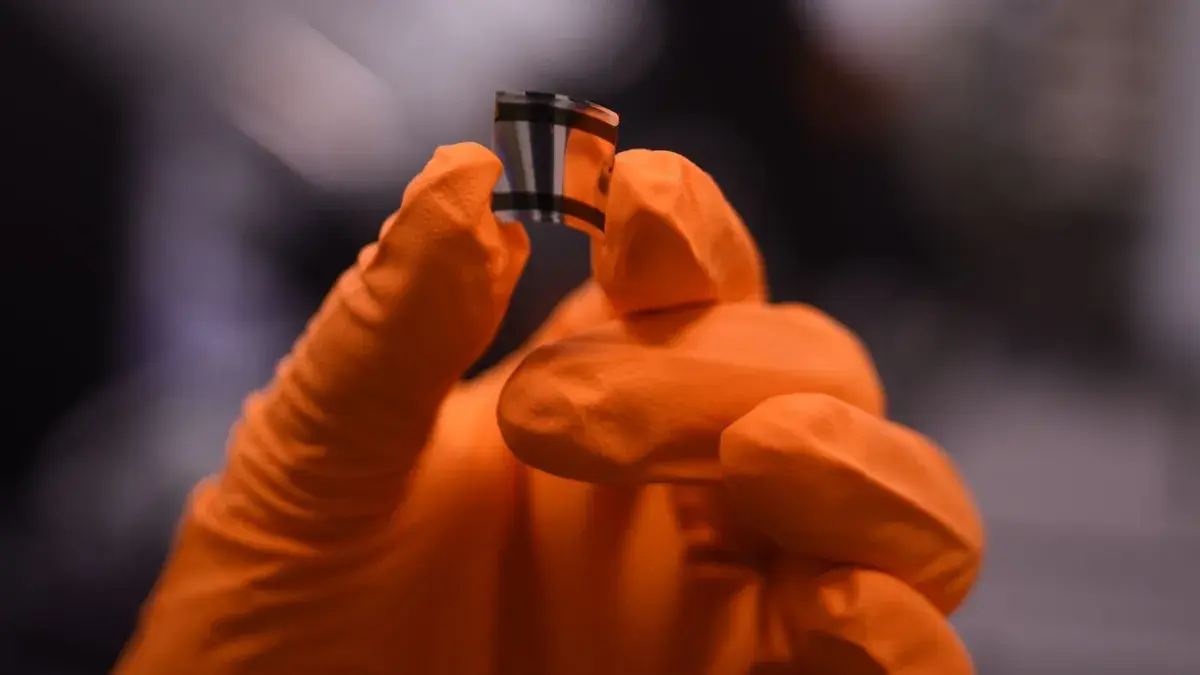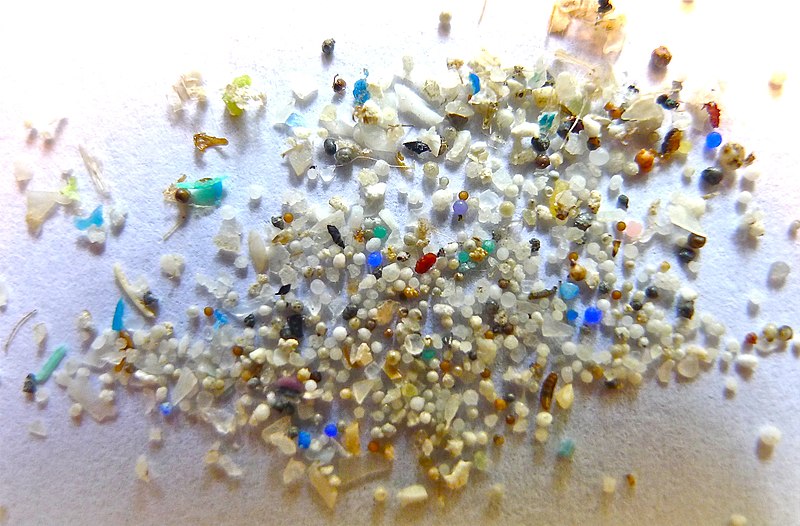Researchers at the University of Surrey have developed an innovative, flexible X-ray detector with the potential to revolutionize applications in cancer treatment, airport security, and historical preservation.
Superior Imaging
Conventional X-ray detectors have traditionally been constructed from heavy and rigid materials, such as silicon or germanium. In contrast, the recently developed flexible X-ray detectors are not only more cost-effective but can also be molded to fit the specific shape of the objects to be scanned. This enhanced flexibility improves the precision of patient screenings and reduces the potential risks associated with imaging tumors and delivering radiotherapy.
This novel detector is made from a unique substance that closely mimics human tissue when exposed to X-rays. This allows for more precise and safer imaging of tumors, bones, and organs.
Live dosimetry is a technique used to measure the radiation doses administered to patients during radiotherapy, helping to prevent overexposure and reduce side effects.
Innovative Use of Organic Semiconductors
The newly developed material relies on organic semiconductors, which are composed of hydrogen and carbon compounds capable of conducting electricity. Organic semiconductors offer greater flexibility and cost-effectiveness compared to traditional semiconductors like silicon or germanium. However, they tend to have lower X-ray sensitivity and resolution.
To address this limitation, researchers from the University of Surrey’s Advanced Technology Institute added small amounts of high atomic number elements, such as iodine or bromine, to an organic semiconductor ink. This innovation enhanced the material’s X-ray absorption capabilities and contrast, making it suitable for high-quality X-ray imaging.
The research team conducted experiments using their innovative detector on various objects, including a human hand, a coin, and a fossil, and found that it produced clear and detailed images. The results of these experiments have been documented and published in the journal Advanced Science.
The researchers are optimistic that their newly developed flexible X-ray detector will serve as a catalyst for making X-ray imaging more accessible and cost-effective across a wide range of fields and applications.







